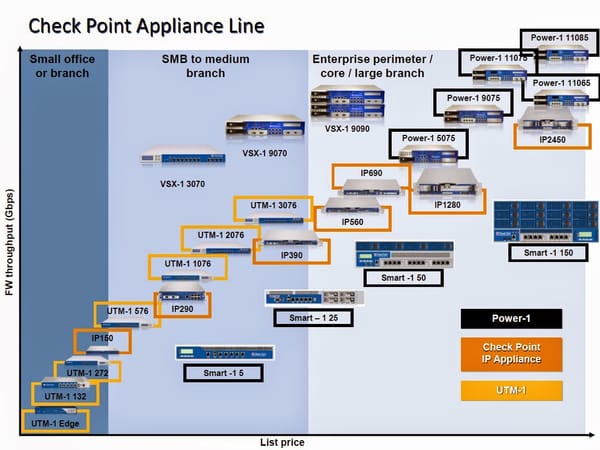Unveiling the Threat of Deepfake Scams: Lessons from a $25 Million Hong Kong Incident

In a recent alarming development, scammers leveraged artificial intelligence to orchestrate a sophisticated deepfake scam, siphoning off a staggering $25 million from a Hong Kong-based company during a video conference call. This incident sheds light on the evolving risks posed by deepfake technology, particularly in the realm of video calls, urging businesses and individuals alike to fortify their defenses against such fraudulent schemes.

Understanding the Depth of the Scam
The modus operandi of the scam was as cunning as it was audacious. Posing as key personnel within the company, including the chief financial officer, the perpetrators employed real-time deepfake technology to convincingly mimic the voices and mannerisms of their targets. Despite initial suspicions by the victim regarding the authenticity of the communication, the seamless execution of the deepfake left them vulnerable, ultimately leading to the substantial financial loss.

The Rising Tide of AI-Powered Fraud
This incident underscores a disconcerting reality: with advancements in AI, particularly in the realm of deepfake technology, cybercriminals are venturing into previously perceived secure domains. What was once the stuff of science fiction has now become a tangible threat, capable of undermining trust and wreaking havoc on unsuspecting victims.

Mitigating the Risk: Strategies for Defense
As businesses and individuals navigate this new frontier of cyber threats, it becomes imperative to bolster defenses against deepfake scams. Here are some proactive measures that can help mitigate the risk:
- Visual Verification: Utilize visual cues to verify the identity of individuals in video calls. Request simple actions that are difficult for deepfakes to replicate, such as writing a word or phrase on a piece of paper or performing unique gestures.
- Lip Syncing Analysis: Pay attention to discrepancies in lip syncing and facial expressions during video interactions, as these can often betray the authenticity of the communication.
- Multi-Factor Authentication: Implement multi-factor authentication for sensitive meetings, incorporating secondary verification via email, SMS, or authenticator apps to confirm participants' identities.
- Secure Communication Channels: Utilize encrypted messaging apps for critical communications and financial transactions to ensure end-to-end security and authenticity.
- Software Updates: Regularly update video conferencing software to leverage built-in security features designed to detect and prevent deepfake manipulation.
- Platform Selection: Exercise caution when choosing video conferencing platforms, opting for reputable ones with robust security measures in place.
- Vigilance Against Suspicious Behavior: Remain vigilant for signs of suspicious activity, including urgent requests for money, abrupt changes in tone or behavior, and pressure tactics employed by scammers.

The Road Ahead: Navigating Uncertain Terrain
As the threat landscape continues to evolve, staying informed and adapting to emerging risks becomes paramount. While technology has undoubtedly enabled remarkable advancements, it also exposes us to new vulnerabilities that demand proactive and collaborative responses.
Conclusion
The $25 million deepfake scam in Hong Kong serves as a stark reminder of the pervasive reach and sophistication of modern cyber threats. By adopting a proactive stance towards cybersecurity and embracing a culture of vigilance, businesses and individuals can fortify their defenses against the ever-evolving threat of deepfake scams.






